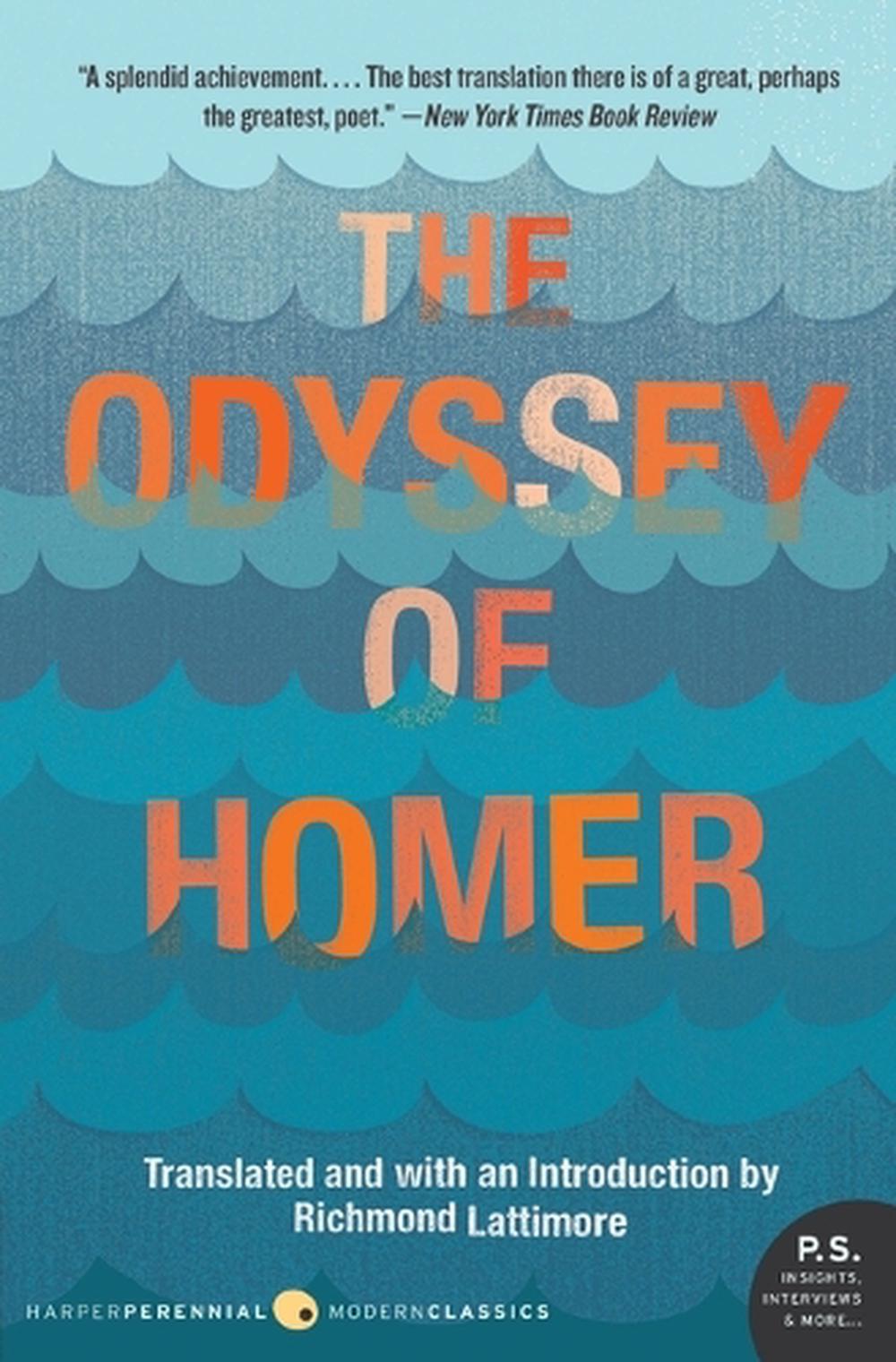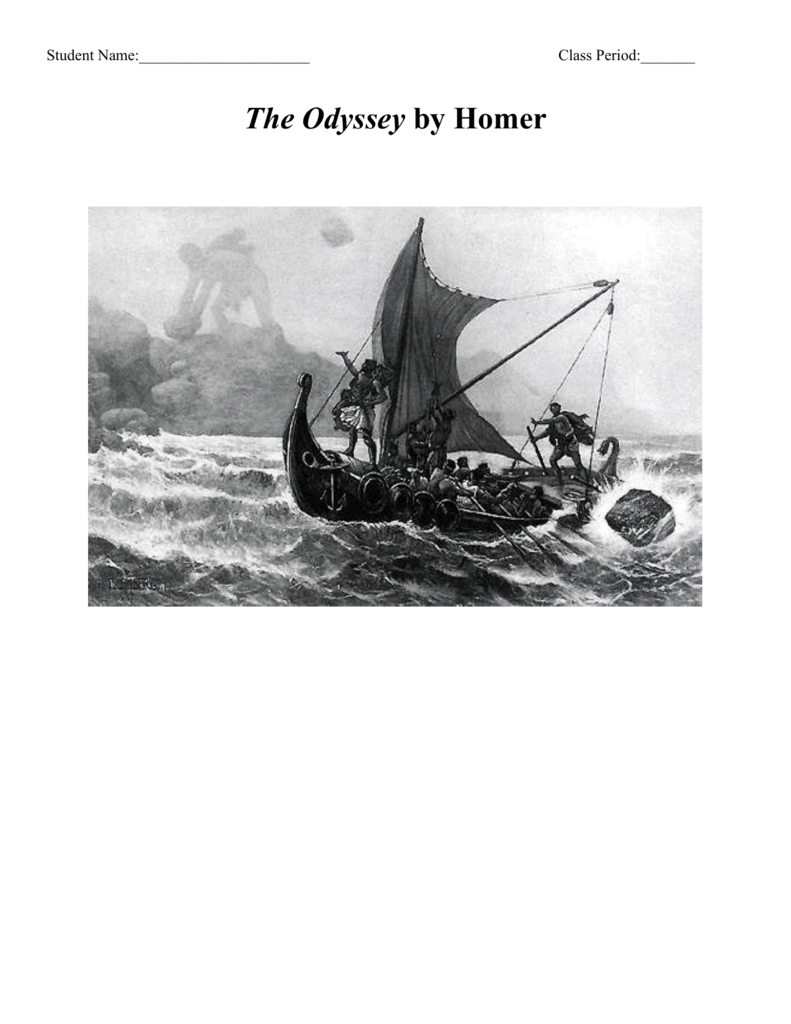

Meanwhile, on Ithaca, many unscrupulous and entirely unworthy suitors, 108 to be precise, try to win the favour of Penelope, Odysseus' wife, and have taken over the palace for their own pleasure.

Poseidon has got it in for Odysseus because he killed the god's son Polyphemus, the Cyclops, but the gods now agree that the hero will be allowed to return home too. All the other heroes destined to return safely home after the Trojan War have already done so. We jump into the story near the end when Odysseus is held in the clutches of the Nymph Calypso on her remote island. There could be no other ending civilization will, as always, prevail.īook 1 – Interlopers Have Taken over the Palace Odysseus will receive life-threatening trials and irresistible temptations (even an offer of immortality, besides those of the flesh), he is frequently aided by Athena but constantly at the mercy of Poseidon, and he must, literally, go to hell and back, but his desire to return home to civilization will never die, and his superior skills and culture, along with a divine will, ensure that he does. The adventures of the hero against strange peoples and monsters is a device to show throughout the value and necessity of civilization, that life in ordered Greek Ithaca is superior to that of the foreign lotus-eaters and barbaric Cyclops. Again, this is because Homer is perhaps more concerned with a universal truth rather than a simple homecoming story. Like the Iliad, which covers only 52 days of the Trojan War, the Odyssey only covers 42 days of Odysseus' 10-year voyage, the events which happened previously are told in flashback. The Odyssey is the first, and for many, still the best page-turner ever written. The reader is in equal measures thrilled and exasperated, just like Odysseus himself, with every new setback and wills the hero to finally make it home. The Odyssey is such a timeless story not only for its terrifying monsters, rip-roaring action scenes, and wealth of information on Mediterranean geography and legends but also because it involves the irresistible plot line of a worthy hero trying desperately to get back to his city, his family, and his throne.

For the Greeks, the story occurred sometime in the 13th century BCE during the Bronze Age, in a heroic golden era much better than today's sorry state of affairs. The mythical king sails back to Ithaca with his men after the Trojan War but is beset by all kinds of delays and misadventures where he battles monsters and storms but also resists (eventually) the advances of beautiful women in the knowledge that, all the while, his faithful wife Penelope is awaiting him. Homer's Odyssey is an epic poem written in the 8th century BCE which describes the long voyage home of the Greek hero Odysseus.


 0 kommentar(er)
0 kommentar(er)
